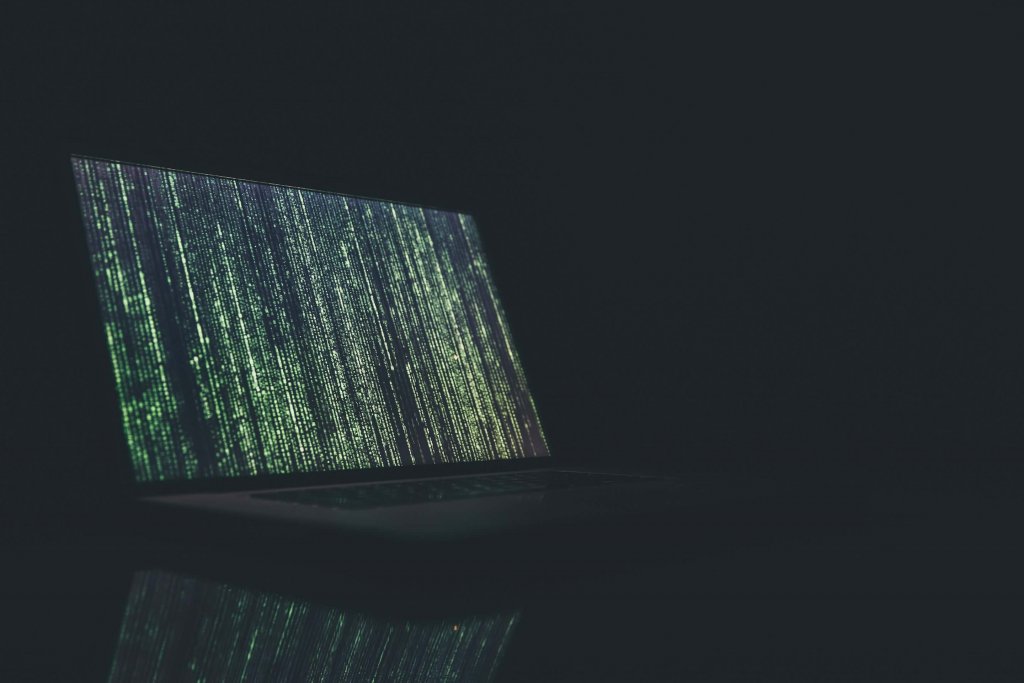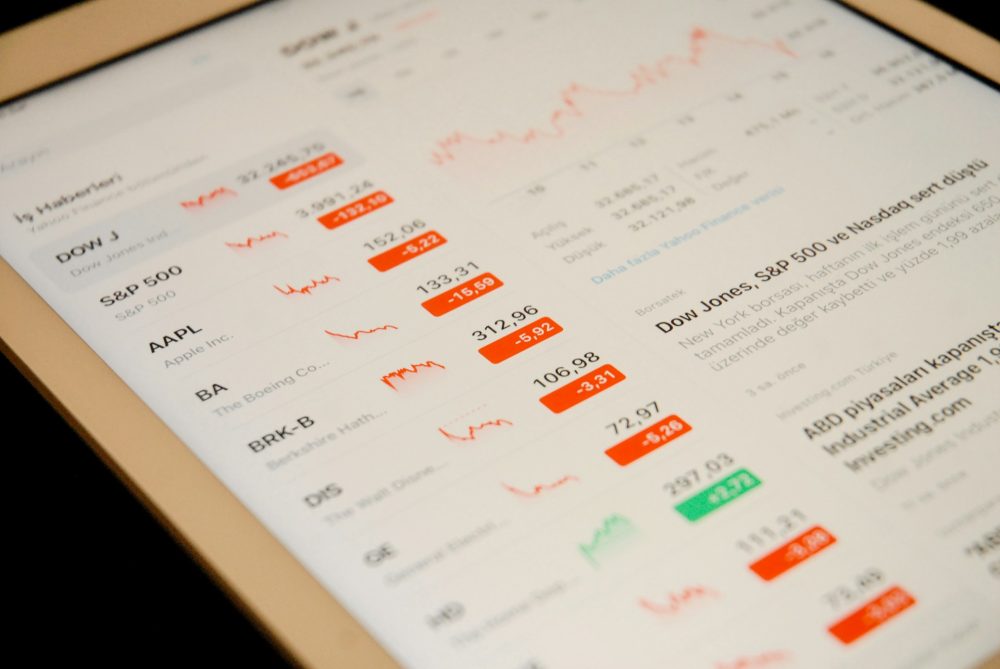Business
How to keep your devices safe in a world of AI and IoT?
Your personal information is becoming increasingly accessible through the IoT devices that you use.

Once a device is connected to the internet, it becomes a potential target for hackers, therefore securing our personal information is essential these days.
Smart and AI technology are increasingly being woven into our daily lives, almost to the point of ubiquitousness, the way we think of securing our personal security information within these devices will necessarily need to increase as well.
Smart homes, smart cities, self-driving cars, and AI interface agents like, Alexa, Siri, and Viv all make up what is known as the Internet of Things (IoT).
While hacking someone’s emails or banking information can be embarrassing or costly, hacking the Internet of Things could be dangerous.”Unlike computers that only affect bits, the Internet of Things affects objects,” says security technologist Bruce Schneier. “An internet thermostat turns the heat on and off, internet-enabled cars drive around, and these devices are vulnerable to hacking. The fear is that they can be used to physically harm people.”
The bottom line is that too many of our smart devices are inherently too dumb to protect themselves (and us) against cyber attacks. But the surprising news is that Artificial Intelligence (AI) might actually be able to help protect us from our IoTs devices.
Machine learning, utilized through Artificial Intelligence, can be incorporated with human insight for more precise threat detection and analysis. The AI learning system alerts the human user of the greatest security outliers detected and solicits feedback on them. From that feedback, the AI system is able to create predictive models that, in time, can mimic human judgment on a large scale and in real time.
With AI technology advancing at such a rapid rate and the imperative need for enhanced cybersecurity, Siri may one day be able to say of cybersecurity, “I can help with that.” But until that day, here are a few security tips to keep your devices safe:
Create a separate network for IoT devices
Most routers allow you to create a separate guest network so that visitors can connect to your network without gaining access to shared files or network devices. Make a separate “guest” network for your IoT devices that have questionable security.
Be wary of cloud services
A lot of IoT devices rely on cloud services. This means that your IoT devices may be syncing sensitive data in another location, as well as offering another potential route into your home. Make sure to read up on the provider’s privacy policy and look for reassurances about encryption and data protection.
Disconnect devices when not in use
Turn off any smart devices when you aren’t using them, particularly those with microphones and video cameras. While some connected devices, such as smart thermostats, require a constant internet connection, other devices—including smart TVs, coffee makers, and video cameras—do not.

Prevent a hacker from connecting to your video or audio streams by disconnecting when you can. (Photo by Markus Spiske on Unsplash)
Password management
As with all cybersecurity, good password management is essential. Your IoT devices should never use default factory-set administrator passwords. Cybersecurity expert Keren Elazari recommends choosing “a phrase that you know, like a motto or song lyrics” ensure strength and complexity. Example? “KeepCalm&CarryOn”.
Finally, keep in mind that exploitative access to personal information and data does not solely come in the form of a maliciously intended cyber attack. IoT devices, like the smart toothbrush or umbrella, and their ancillary apps can also supply companies with your personal information, such as how you use the product and how often. This is something we will need to become more aware of as the use of IoT devices increases. Unfortunately, this group of people had to learn that lesson the hard way.
—
DISCLAIMER: This article expresses my own ideas and opinions. Any information I have shared are from sources that I believe to be reliable and accurate. I did not receive any financial compensation in writing this post, nor do I own any shares in any company I’ve mentioned. I encourage any reader to do their own diligent research first before making any investment decisions.

-

 Crypto2 weeks ago
Crypto2 weeks agoBrazil’s Crypto Boom Threatened by Surprise Tax Proposal
-

 Markets6 days ago
Markets6 days agoCocoa Prices Drop Amid Speculative Selling and West African Supply Concerns
-

 Markets2 weeks ago
Markets2 weeks agoNavigating the Fourth Turning: Cycles of Crisis and Opportunity
-

 Cannabis4 days ago
Cannabis4 days agoIs Aurora Cannabis Stock a Risk Worth Taking?


























You must be logged in to post a comment Login